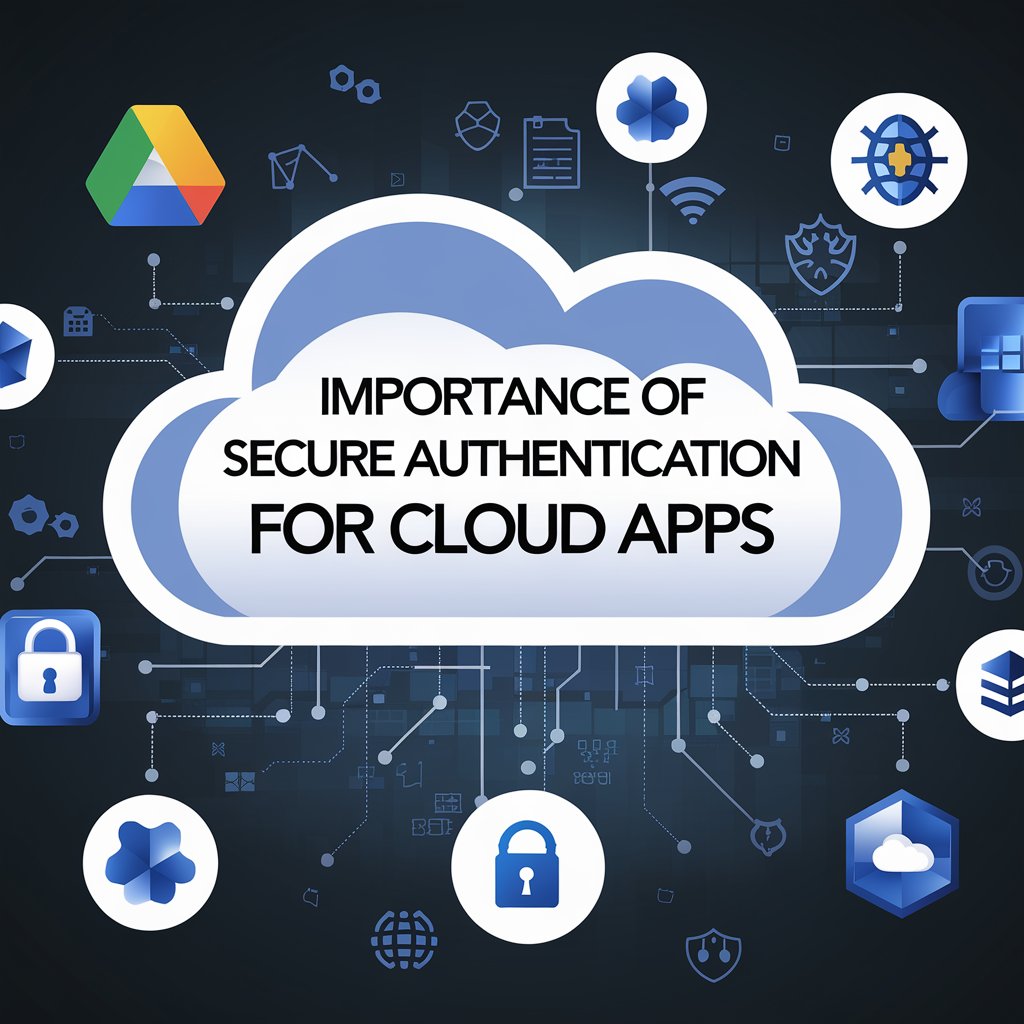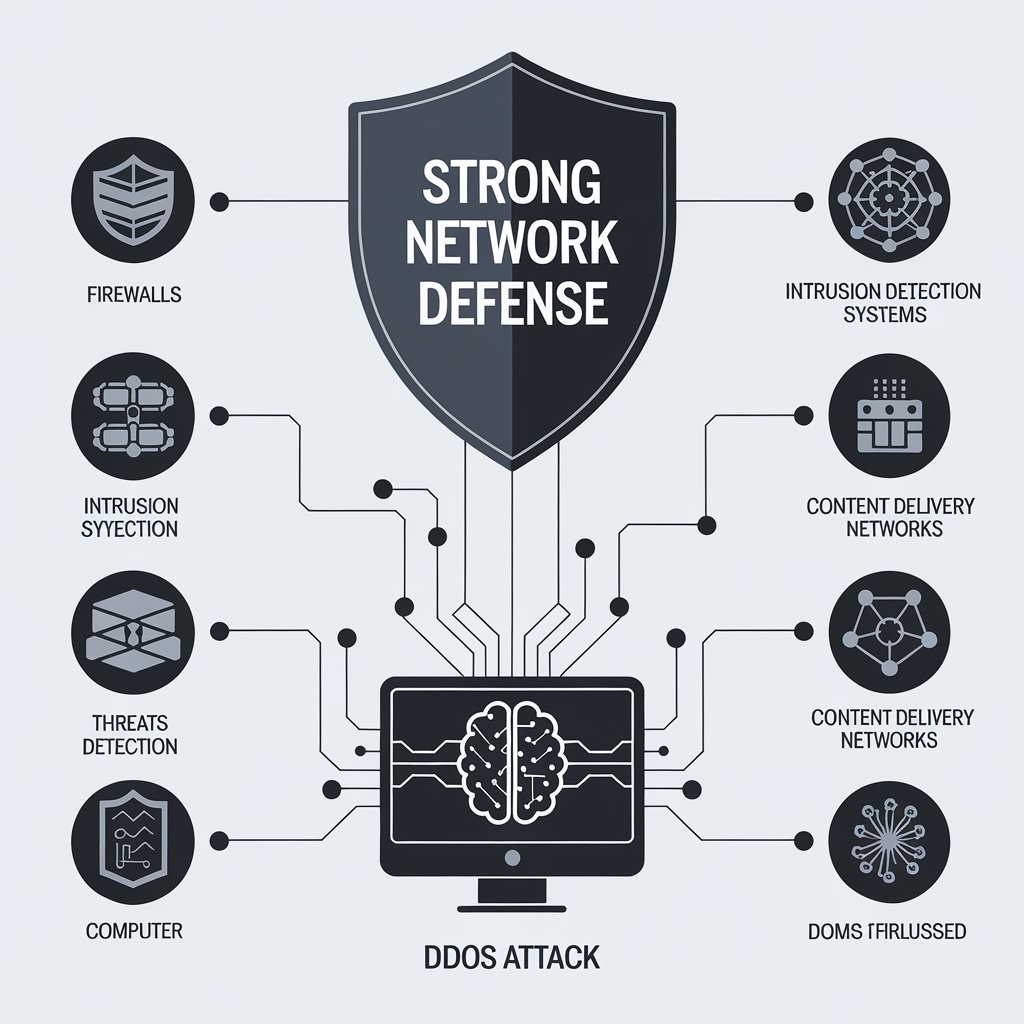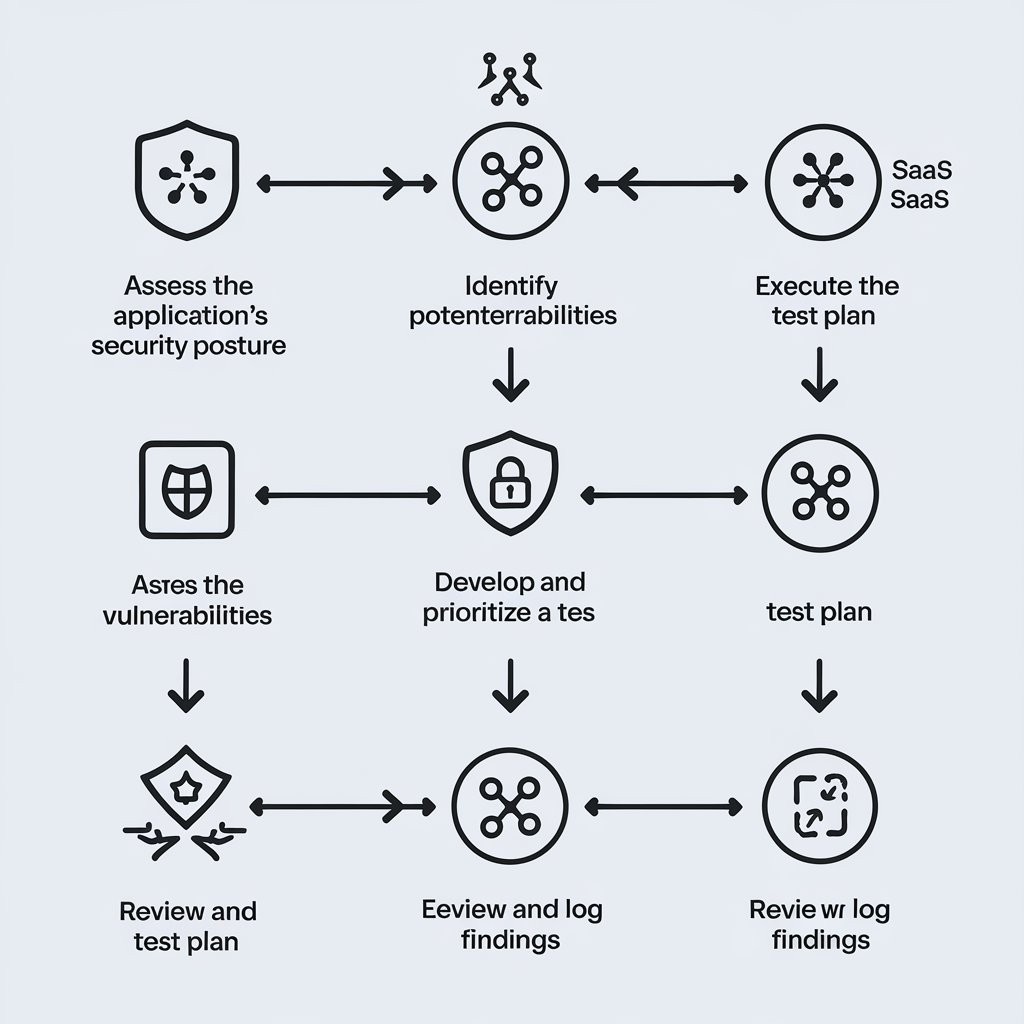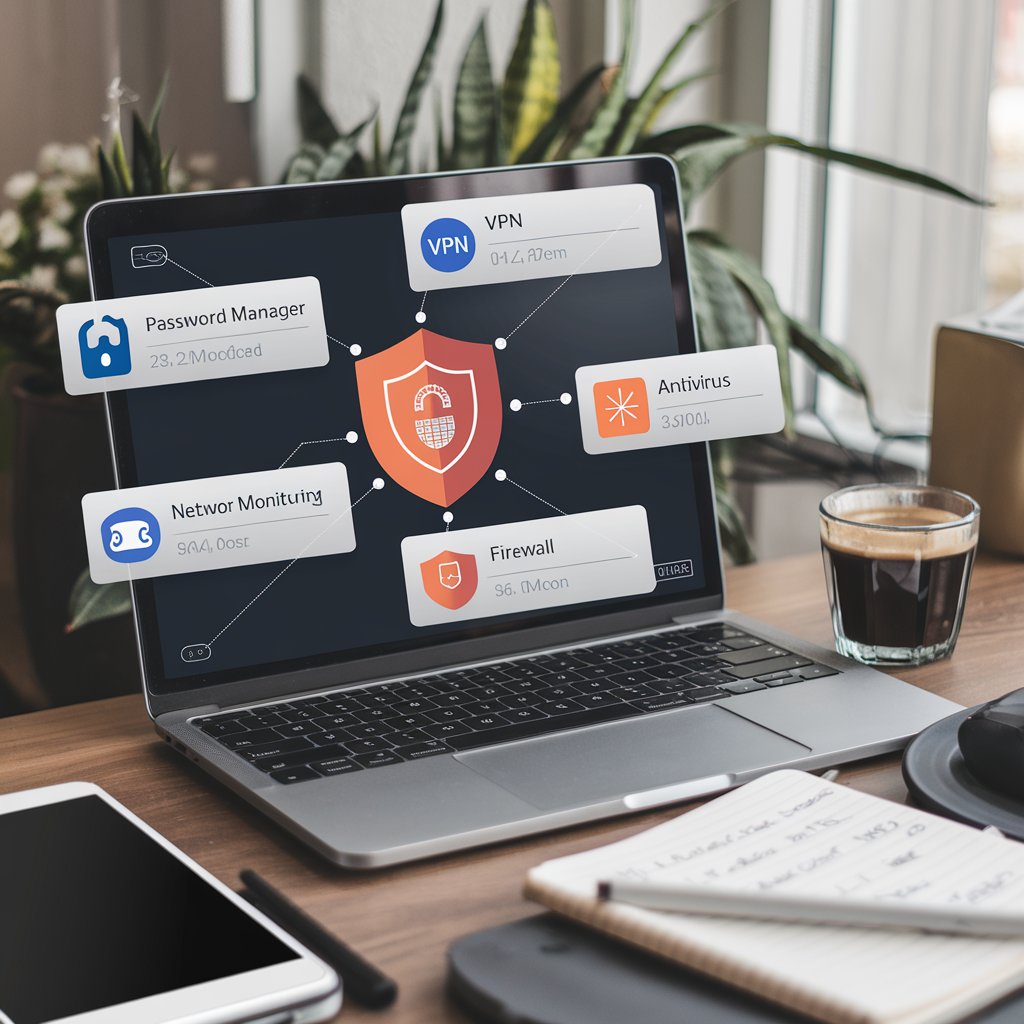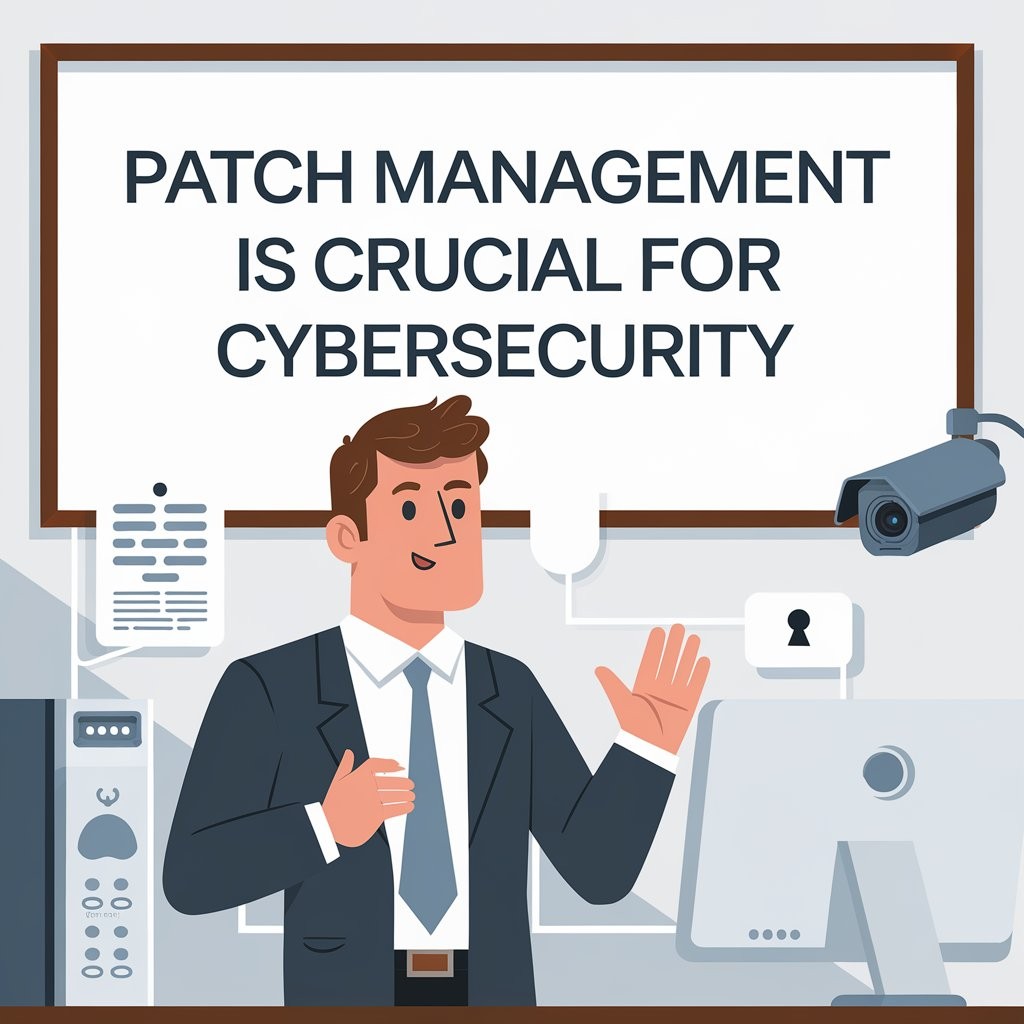Importance of secure authentication for cloud apps
News & Insights
5 Min Read
Importance of Secure Authentication for Cloud Apps Cloud applications are integral to modern business operations, providing scalability, efficiency, and accessibility. However, the accessibility that makes cloud apps so appealing also makes them prime targets for cyberattacks. Secure authentication mechanisms are crucial for safeguarding sensitive data and ensuring the integrity of cloud environments. Here’s why secure authentication matters and how it can be implemented effectively.
1. Protecting Sensitive Data
Cloud apps often store and process sensitive information, including personal, financial, and business-critical data.
Threats Addressed:
Unauthorized access due to weak or compromised credentials.
Data breaches caused by account takeovers.
Insider threats exploiting poorly managed access controls.
Impact: Robust authentication ensures only authorized users can access sensitive data, reducing the risk of exposure.
2. Preventing Unauthorized Access
Weak or inadequate authentication mechanisms can lead to unauthorized access, resulting in data theft or system compromise.
Common Attack Methods:
Credential stuffing: Using stolen username-password combinations.
Phishing: Trick users into providing their credentials.
Man-in-the-middle attacks: Intercepting login credentials during transmission.
Solution: Secure authentication methods like Multi-Factor Authentication (MFA) add extra layers of defense.
3. Mitigating Credential-Based Attacks
Stolen or reused passwords are a significant cybersecurity concern.
Statistics: Many users reuse passwords across multiple services, making them vulnerable to credential stuffing and brute-force attacks.
Benefit: Implementing strong password policies, passwordless authentication, and regular password updates reduces vulnerability.
4. Enhancing Regulatory Compliance
Secure authentication is often a requirement for compliance with data protection and privacy regulations.
Examples of Compliance Standards:
GDPR: Requires organizations to secure personal data.
HIPAA: Mandates secure access controls for protected health information.
PCI DSS: Enforces strict authentication measures for payment data.
Impact: Non-compliance can result in hefty fines, legal challenges, and reputational damage.
5. Supporting Remote and Distributed Teams
As businesses adopt remote work and distributed teams, secure authentication becomes even more critical.
Challenges in Remote Environments:
Employees accessing cloud apps from various locations and devices.
Increased reliance on personal networks that may lack security controls.
Solution: Strong authentication ensures secure access, regardless of location.
6. Preventing Account Takeovers
Account takeovers can result in significant financial and reputational losses.
Attack Vectors:
Exploitation of weak or default credentials.
Social engineering tactics to bypass authentication measures.
Mitigation: Advanced authentication methods such as biometric verification or token-based systems make it harder for attackers to impersonate legitimate users.
7. Enabling Secure Integration and Collaboration
Cloud apps often integrate with other tools and platforms, requiring secure authentication to maintain data security.
Examples:
API access for third-party integrations.
Collaboration tools requiring cross-platform authentication.
Benefit: Secure authentication prevents unauthorized entities from accessing connected resources.
8. Building Customer and User Trust
Secure authentication reassures customers and users that their data is safe.
Reputation: Businesses with strong security measures are more likely to retain users and attract new customers.
Impact: Secure authentication boosts customer confidence and protects the brand’s reputation.
9. Reducing Downtime and Recovery Costs
A compromised authentication system can lead to extended downtime and significant recovery costs.
Financial Impact: The cost of mitigating breaches and compensating affected parties can be substantial.
Preventative Measures: Secure authentication minimizes the likelihood of disruptions due to unauthorized access.
10. Supporting Advanced Security Measures
Secure authentication is foundational to implementing advanced security frameworks, such as Zero Trust Architecture.
Role in Security Frameworks:
Ensures that all access requests are authenticated and authorized.
Facilitates continuous monitoring of user behavior for anomalies.
Best Practices for Secure Authentication in Cloud Apps
Use Multi-Factor Authentication (MFA): Combine two or more authentication factors, such as passwords, biometrics, and device-based tokens.
Implement Single Sign-On (SSO): Simplify user authentication while maintaining strong security controls.
Adopt Passwordless Authentication: Leverage biometrics or cryptographic keys to eliminate the risks associated with passwords.
Encrypt Authentication Data: Ensure login credentials are encrypted during transmission and storage.
Regularly Monitor and Audit Access Logs: Detect and respond to unauthorized or suspicious login attempts.
Educate Users: Train users on the importance of secure authentication and how to recognize phishing attacks. audit3aa
Join our newsletter list
Sign up to get the most recent blog articles in your email every week.
